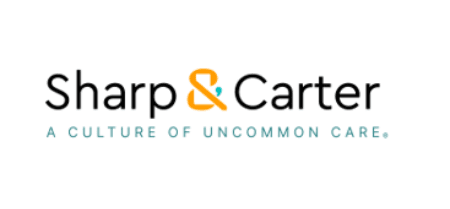Changing careers can be a daunting and overwhelming process, but it can also be incredibly rewarding and fulfilling. Many people find themselves wanting to change careers for several reasons, such as wanting a better work-life balance, feeling unfulfilled in their current job, or desiring a new challenge. Regardless of the reason, changing careers requires careful planning and preparation to ensure a successful transition.
1: Self-Reflection and Assessment
The first step in changing careers is self-reflection and assessment. It is important to understand your strengths, weaknesses, values, and interests to determine which careers align with your skill set and passions. You can start by asking yourself questions such as:
What are my core values?
What are my strengths and weaknesses?
What are my passions and interests?
What skills do I have, and which ones do I want to develop?
You can also take personality tests and career assessments to gain more insight into your strengths and interests.
2: Research
Once you have a clear idea of the type of career you want to pursue, it is important to research the industry and job market thoroughly. You can start by networking with professionals in your desired field, attending industry events, and reading industry publications. Additionally, you can research job postings and descriptions to get a sense of the skills and qualifications required for the job.
3: Education and Training
If you are considering a career change that requires new skills or certifications, you may need to pursue education and training to acquire them. This could involve going back to school, taking courses or workshops, or obtaining certifications in your desired field.
4: Build Your Network
Networking is critical in changing careers. You can reach out to professionals in your desired field, attend industry events and conferences, and join online forums and groups related to your field. Building relationships with people in the industry can provide you with valuable insights, job opportunities, and referrals.
5: Develop Your Brand
Developing your personal brand is essential in changing careers. This includes creating a strong resume and cover letter that highlights your relevant skills and experience, as well as developing an online presence through LinkedIn and other professional social media platforms. You may also consider creating a personal website or portfolio to highlight your work and accomplishments.
6: Job Search and Interviewing
Once you have done your research, developed your skills, and built your network, it's time to start your job search. This can involve submitting job applications online, reaching out to recruiters, or tapping into your network for referrals. As you begin interviewing, it is important to prepare by researching the company and industry, practicing common interview questions, and developing thoughtful responses that demonstrate your skills and experience.
If you're contemplating a career change and need expert guidance to kickstart this process please get in contact with our consultants who can help you on the beginning of your career change journey.
Simply click


.png)




